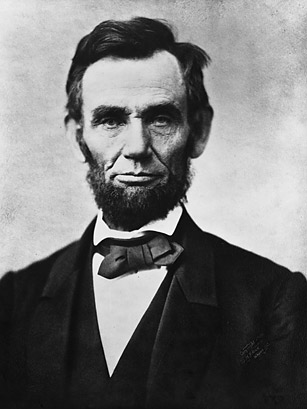
Stories about Abraham Lincoln have attained the status of myth: he was born in a log cabin, he was a legendary debater, he freed the slaves, he saved the Union. The 16th U.S. president did come along at precisely the right moment for a nation wounded by its great flaw — slavery. Lincoln laid out his vision for the United States when he proclaimed during his 1858 U.S. Senate campaign that a "house divided cannot stand." When he was elected president in 1860, becoming the first Republican elected to the executive branch, Lincoln realized that in order to save the Constitution he had to save the Union, even if it led to bloodshed. (More than 600,000 soldiers were killed during the Civil War.)
His 1863 Emancipation Proclamation and the Union's successful prosecution of the war meant that Lincoln was practically an iconic figure even before his assassination just days after the conflict's end in 1865. He became even more iconic in the scores of years since. Prior to the Gettysburg Address, a man spoke, delivering a lengthy two-hour speech. Then Lincoln emerged to give his moving address, which lasted a mere two minutes. The other man and his speech are largely forgotten to history. The Gettysburg Address is for the ages.